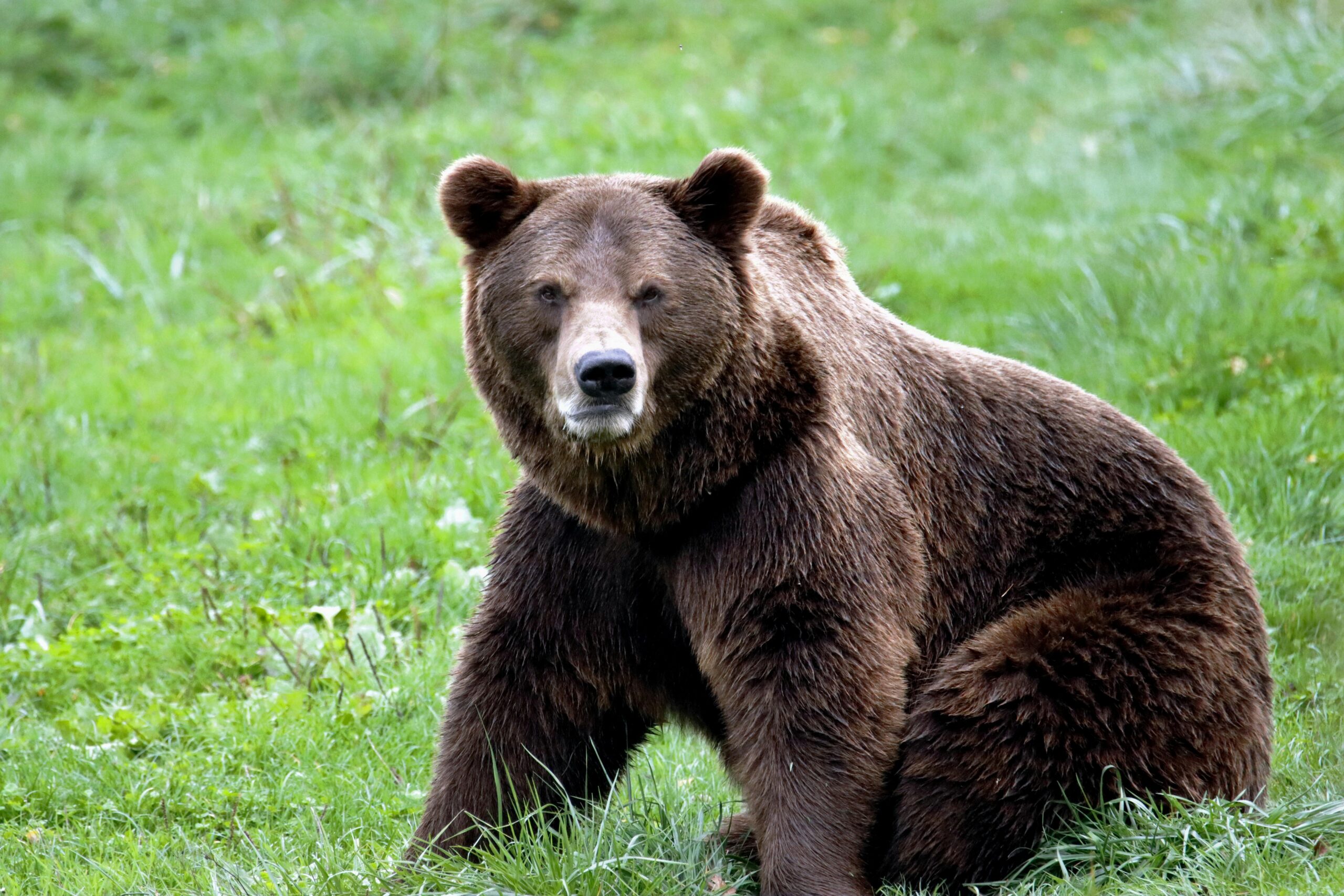Maintaining rural areas necessarily involves preserving and developing agricultural activities. This is especially true in the Tuscany region of central Italy, where the collective imagination envisions hills and valleys adorned with rows of vines, grapevines, olive groves, husbandry, and centuries-old cypresses. However, even in Tuscany – as is the case throughout Europe – there is a steadily increasing trend of land abandonment, including cultivated lands and managed forests. This is accompanied by a significant reduction in active farms and livestock. Today, when the landscape is beautiful, it too often becomes non-productive, maintained only for recreational tourism purposes, thus interrupting the traditional production of local food.
At the Tenuta di Paganico farm, efforts have been made over the past 100 years to integrate agricultural systems with forest, animal, and social systems, serving as a precursor to the current concept of agroforestry. Local heritage breeds such as Maremmana cattle, Cinta senese pigs, horses, and hens are raised on this organic farm using a pasture and wood-based system. That transforms the food value of grasslands – situated in marginal areas and therefore not productive for food production – into animal products (feed and then especially meat), as well as into ecosystem services such as landscape maintenance, tourism, preservation of traditions, decreased erosion, improved soil health and social value. Thus, sharing an ideal (“We want to be a sustainable system. Experience and passion give life to the bond between animals, people, and the environment.”) has united many families for decades in maintaining a landscape suited for sustainable, ethical food production that reveals all the “hidden costs” associated with large-scale intensive food-commodity production.
Recently, through collaboration with other farms and research institutions, the production system has been studied, analyzed, and improved, always seeking greater efficiency. This has led to participation in several local (Operational Group) and European (Horizon project) initiatives. One of the most recent results has demonstrated that the carbon emissions generated by meat production on the Tenuta di Paganico farm are completely absorbed by the forest component of the silvopastoral system, thus producing carbon-neutral organic meat. In this way, it has been shown that consciously and efficiently keeping animals outdoors – becoming a symbol of the agrarian landscape itself – can generate food in a sustainable and replicable manner. This approach counteracts neglect and creates social values, cohesion, and well-being for both the animals and the farmers.

